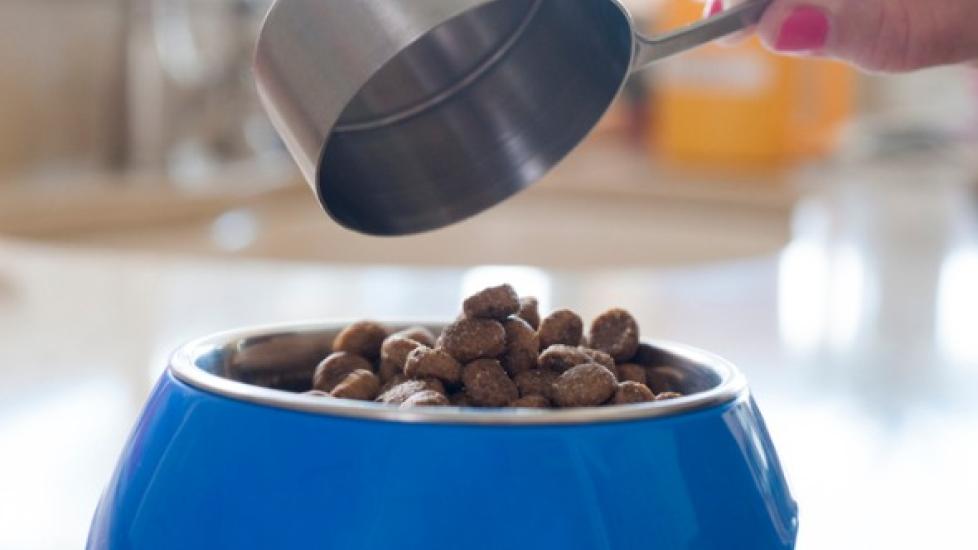The Importance of Digestibility for Dogs
Merriam-Webster defines "digestibility" as "the percentage of a foodstuff taken into the digestive tract that is absorbed into the body." An easy way wrap your mind around this is to employ a little bit of arithmetic (I apologize to any mathophobes out there).
Let’s say a dog eats 300 grams (a little more than ½ pound) of food per day and produces 50 grams of poop per day. This means that he’s absorbing 250 grams of the food into his body.
250 grams/300 grams x 100% = 83%
Therefore, we can say that the food in this example is 83% digestible. In other words, the dog absorbed 83% of what was included in the food and got rid of 17% as waste. (We’re ignoring water for the sake of simplicity, which is fine for our purposes as long as we don’t try to compare a dry and a canned food.)
Let’s take this one step further. What about the digestibility of individual nutrient categories? Take protein for example. If a dog were to eat 50 grams of protein and excrete 5 grams in his feces, the proteins in his diet were 90% digestible (50 grams - 5 grams = 45, 45/50 x 100 = 90%).
You might be thinking, "So what?" So … let’s compare two hypothetical dog foods:
- Dog Food A contains 26 percent crude protein (according to its guaranteed analysis) and the protein is 90% digestible
- Dog Food B contains 26 percent crude protein (according to its guaranteed analysis) and the protein is 80% digestible
If a dog eats 100 grams of food, then:
- Food A: 26 grams protein x 0.90 = 23.4 grams of protein is absorbed
- Food B: 26 grams protein x 0.80 = 20.8 grams of protein is absorbed
You can see that even though the two labels say that each food contains 26% protein, Food A actually provides more usable protein than Food B. Digestibility matters.
Unfortunately, digestibility does not have to be reported on dog food labels, but there are ways for owners to determine, at least in part, whether or not a particular diet is highly digestible.
- Examine your dog’s stools. If he produces more than you’d expect for a dog of his size, his current diet may not be all that digestible. This is particularly true if his feces are soft or contain a lot of mucus.
- Look at the ingredient list. In general, high quality ingredients are more digestible than those of low quality. The top of the list should be dominated by ingredients that sound like something you might find in your kitchen.
- What’s the cost? While it’s true that manufacturers can slap a high price on a low quality food, the opposite does not hold. Highly-digestible, quality ingredients do cost more, so don’t be tempted by deals that appear too good to be true — because they probably are.
Now don’t get me wrong. Dog foods should not be 100% digestible. After all, producing feces is normal, and the canine gut doesn’t function well without some indigestible material (e.g., fiber) passing through. There are even times when dogs benefit from eating a food that has a lower digestibility than normal. This might apply to individuals that are on a weight loss diet (fiber promotes a sense of fullness), need to digest their food slowly (e.g., diabetics), or have a fiber responsive disease (e.g., chronic constipation). In these cases, you still want many of a food’s ingredients to be highly digestible (and all to be of high quality), but a higher fiber content is perfectly appropriate.
The petMD MyBowl tool is a good source of information about which dog food ingredients are highly digestible and which should be avoided. Take a look if you haven’t already.

Dr. Jennifer Coates
Featured Image: iStock.com/KLH49
Explore More at petMD.com:
8 Questions to Ask Before Giving Your Pet Treats
